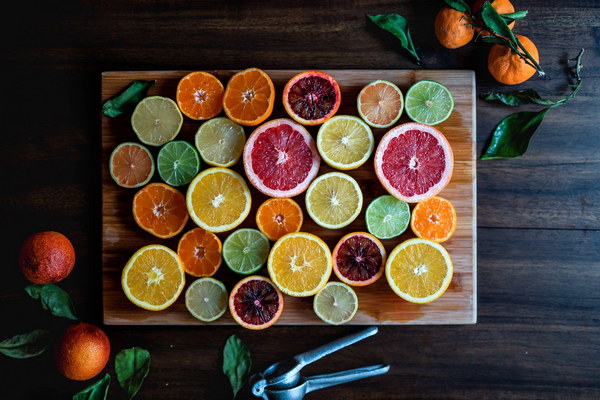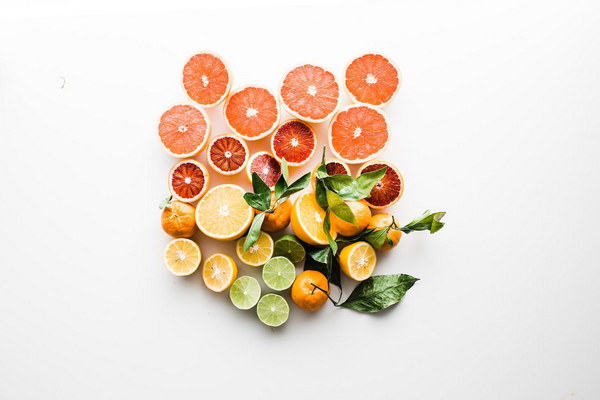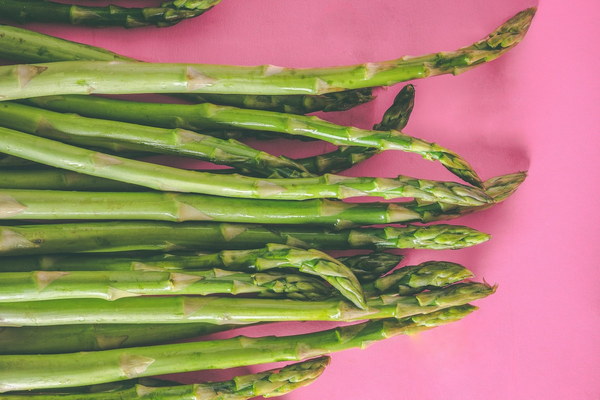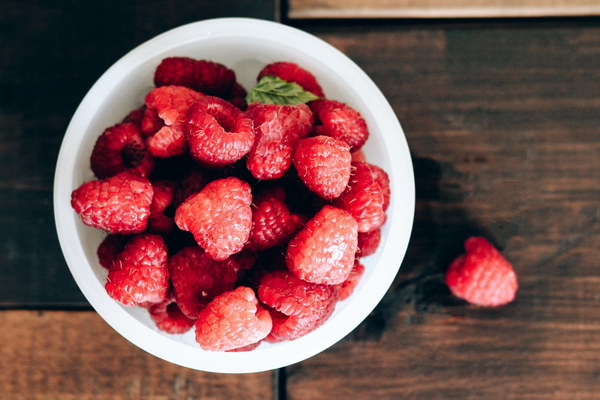Unveiling the Beauty Benefits Does Regular Black Tea Consumption Really Nourish Your Complexion
In the realm of herbal remedies and traditional wellness practices, the question of whether regular consumption of black tea can enhance one's complexion has been a topic of much debate. Known for its rich history and numerous health benefits, black tea is often praised for its ability to boost the immune system and aid in digestion. But can it truly contribute to maintaining a youthful and radiant appearance? Let's delve into the world of black tea and uncover the truth behind this age-old beauty myth.
To begin with, it is essential to understand that black tea, a member of the Camellia sinensis family, is rich in antioxidants. These antioxidants are compounds that help neutralize harmful free radicals in the body, which can cause oxidative stress and contribute to the aging process. One of the primary antioxidants found in black tea is catechins, which have been shown to have anti-inflammatory and anti-aging properties.
The benefits of antioxidants in black tea are not only limited to their ability to combat free radicals. Studies have indicated that these compounds may also help improve skin elasticity and reduce the appearance of fine lines and wrinkles. In fact, a study published in the Journal of the American Academy of Dermatology found that black tea extract could significantly reduce the depth of wrinkles and improve skin hydration when applied topically.
Another way in which black tea may contribute to a healthier complexion is through its ability to boost collagen production. Collagen is a protein that provides structure to the skin, and its degradation is a significant factor in the development of aging-related skin changes. A study published in the journal Nutrition Research and Practice revealed that black tea consumption could stimulate the synthesis of collagen in the skin, thereby helping to maintain its youthful appearance.
Moreover, black tea is known for its diuretic properties, which can help in flushing out excess fluid from the body. This can lead to a reduction in puffiness and bloating, making the complexion appear more vibrant and refreshed. Additionally, black tea contains caffeine, which can constrict blood vessels and reduce swelling, further enhancing the appearance of the skin.
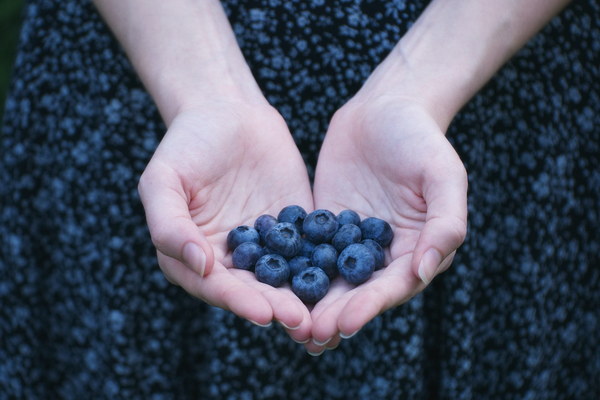
While the potential benefits of black tea for the complexion are promising, it is essential to note that the effects may vary from person to person. Factors such as genetics, lifestyle, and overall skincare routine can all influence the outcome. Furthermore, it is crucial to consume black tea in moderation, as excessive caffeine intake can lead to adverse effects such as insomnia, increased heart rate, and anxiety.
In conclusion, while there is a growing body of evidence suggesting that regular consumption of black tea may contribute to a healthier and more youthful complexion, it is important to approach this topic with a balanced perspective. Incorporating black tea into a well-rounded skincare routine, alongside a healthy diet, adequate hydration, and regular exercise, may help to enhance the appearance of the skin. However, it is not a magic solution and should not be relied upon as the sole method for achieving a radiant complexion.
As always, it is advisable to consult with a healthcare professional before making any significant changes to your diet or skincare routine. By combining the potential benefits of black tea with other healthy practices, you may be able to unveil a more beautiful and nourished complexion.
